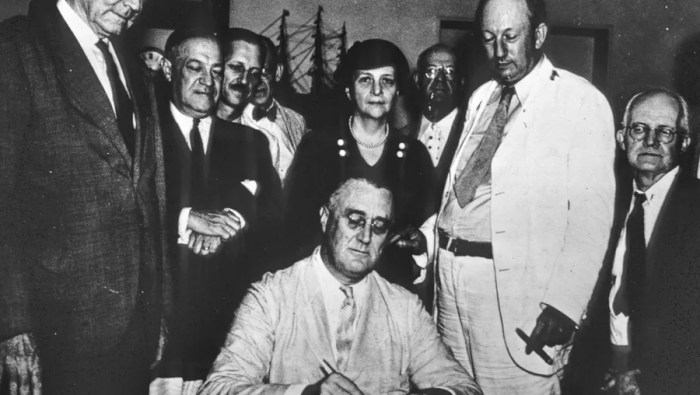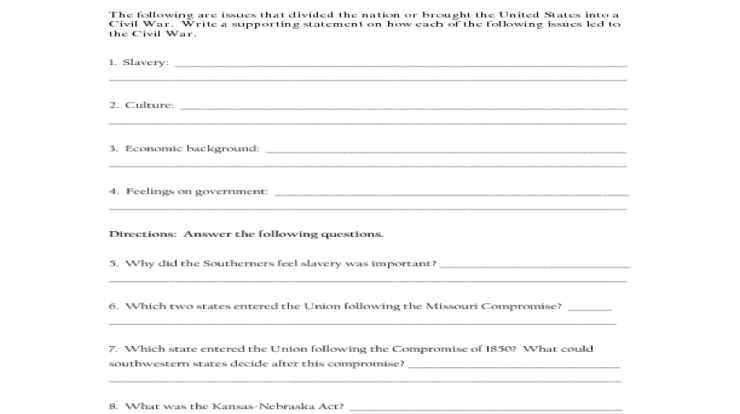The Letter from Birmingham Jail Annotated PDF stands as a testament to the power of words and the indomitable spirit of Dr. Martin Luther King Jr. This annotated version delves into the depths of his seminal work, providing a comprehensive analysis of its historical context, rhetorical devices, and profound message.
King’s letter, written in response to criticism from fellow clergymen, eloquently articulates his philosophy of nonviolent resistance and the urgent need for social justice. Through meticulous annotations, this PDF unveils the intricacies of his arguments, the biblical and historical allusions that bolster his credibility, and the strategies he proposed for achieving a more just and equitable society.
Letter from Birmingham Jail Overview
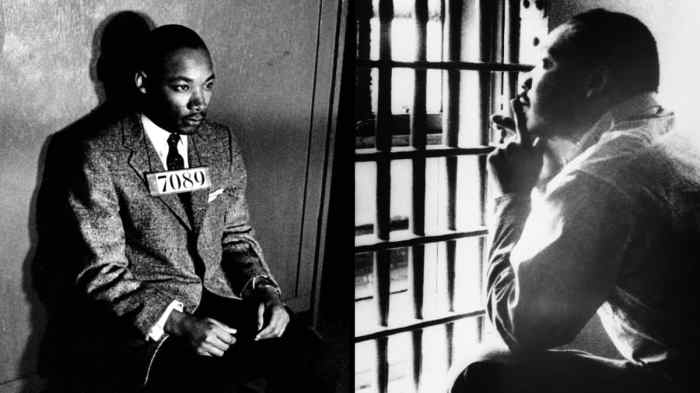
The Letter from Birmingham Jail, written by Martin Luther King Jr. in 1963, is a powerful and influential document in the American Civil Rights Movement. It was written in response to criticism from eight white clergymen who had condemned King’s nonviolent protests in Birmingham, Alabama.
In the letter, King defends his actions, argues for the urgency of the civil rights struggle, and Artikels his philosophy of nonviolent resistance. The letter had a profound impact on the Civil Rights Movement and is widely considered one of the most important documents in American history.
Purpose and Main Arguments, Letter from birmingham jail annotated pdf
King’s primary purpose in writing the letter was to respond to the criticisms of the white clergymen. He argues that the clergymen are out of touch with the reality of racial injustice in Birmingham and that their condemnation of his protests is misguided.
King also uses the letter to lay out his philosophy of nonviolent resistance. He argues that nonviolence is the most effective way to achieve social change because it appeals to the conscience of the oppressor and ultimately leads to a transformation of hearts and minds.
Intended Audience and Impact
The intended audience of the letter was the white clergymen who had criticized King. However, the letter has had a much broader impact, inspiring countless people around the world to join the struggle for civil rights.
The letter has been translated into dozens of languages and is studied in schools and universities around the world. It has been cited by many leaders, including Nelson Mandela and Barack Obama, as a source of inspiration and guidance.
Rhetorical Devices and Techniques
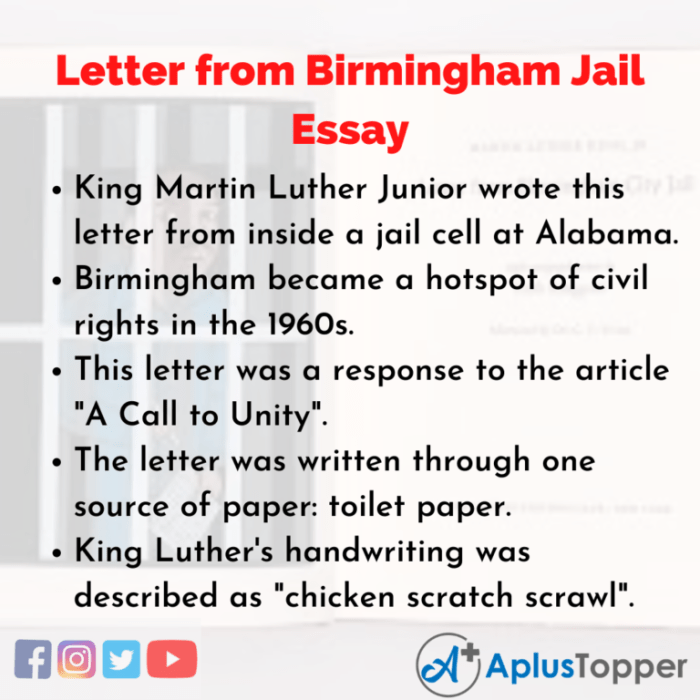
King uses a variety of rhetorical devices and techniques in the Letter from Birmingham Jail to make his arguments more persuasive. These include:
- Metaphors and similes:King uses metaphors and similes to compare the civil rights struggle to other events and experiences. For example, he compares the struggle to the Exodus of the Israelites from slavery in Egypt.
- Rhetorical questions:King uses rhetorical questions to challenge his opponents and to make his points more forcefully. For example, he asks, “When will we ever be free from the omnipresent threat of violence?”
- Alliteration:King uses alliteration to create a sense of rhythm and flow in his writing. For example, he writes, “Injustice anywhere is a threat to justice everywhere.”
These rhetorical devices and techniques help King to make his arguments more persuasive and to create a powerful and moving document.
Biblical and Historical Allusions
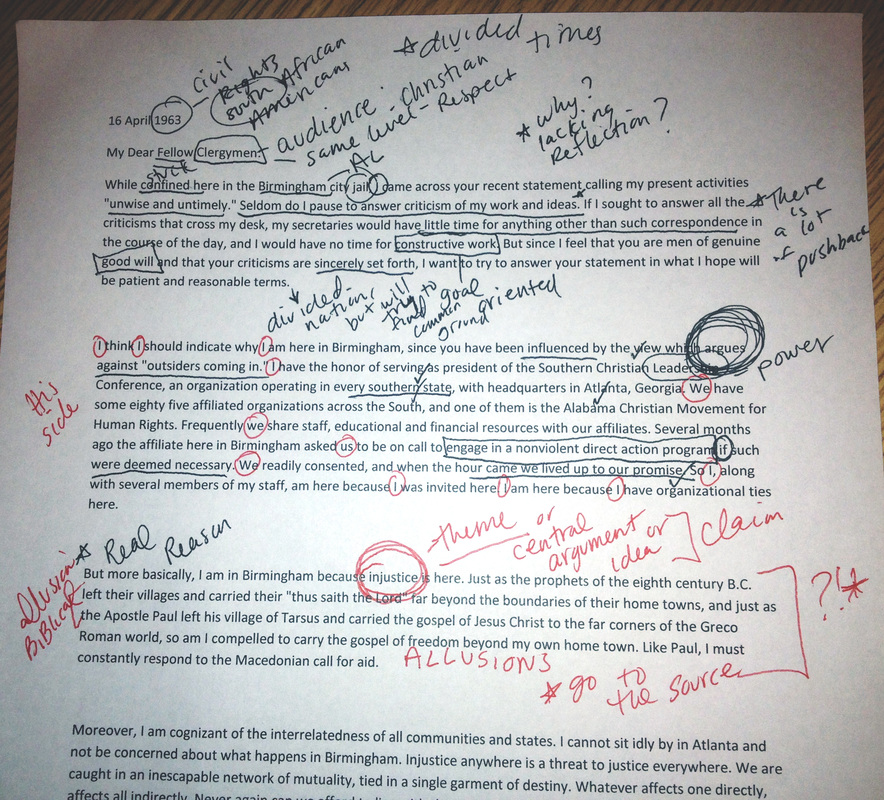
King also uses a number of biblical and historical allusions in the Letter from Birmingham Jail. These allusions help to give his arguments a sense of authority and to connect the civil rights struggle to a larger historical and religious context.
For example, King refers to the Exodus of the Israelites from slavery in Egypt as a model for the civil rights struggle. He also quotes from the Bible, the Declaration of Independence, and the Gettysburg Address to support his arguments.
These allusions help to make King’s arguments more persuasive and to show that the civil rights struggle is part of a larger historical and religious movement for justice and equality.
Nonviolent Resistance and Civil Disobedience
King’s philosophy of nonviolent resistance is central to the Letter from Birmingham Jail. He argues that nonviolence is the most effective way to achieve social change because it appeals to the conscience of the oppressor and ultimately leads to a transformation of hearts and minds.
King also argues that civil disobedience is sometimes necessary to protest unjust laws and to bring about social change. He writes, “One has not only a legal but a moral responsibility to obey just laws. Conversely, one has a moral responsibility to disobey unjust laws.”
King’s philosophy of nonviolent resistance and civil disobedience has been influential in many social movements around the world, including the Civil Rights Movement in the United States, the anti-apartheid movement in South Africa, and the Indian independence movement.
Social Justice and Inequality: Letter From Birmingham Jail Annotated Pdf
The Letter from Birmingham Jail also addresses the issue of social justice and inequality. King argues that racial segregation and discrimination are unjust and that they must be eliminated.
King calls for a “radical revolution of values” to create a more just and equitable society. He writes, “We must move from a thing-oriented society to a person-oriented society. When machines and computers, profit motives and property rights are considered more important than people, the giant triplets of racism, extreme materialism, and militarism are incapable of being conquered.”
King’s call for social justice and equality is still relevant today, as we continue to struggle with the problems of racism, discrimination, and poverty.
Q&A
What is the significance of the Letter from Birmingham Jail?
The Letter from Birmingham Jail is a pivotal document in the Civil Rights Movement, articulating Dr. King’s philosophy of nonviolent resistance and highlighting the urgent need for social justice.
How does the annotated PDF enhance the understanding of the letter?
The annotated PDF provides a comprehensive analysis of the letter, including historical context, rhetorical devices, biblical and historical allusions, and strategies for achieving social justice.
What are the key arguments presented in the letter?
King argues for the necessity of nonviolent resistance, the urgency of social justice, and the importance of Christian ethics and social responsibility.
